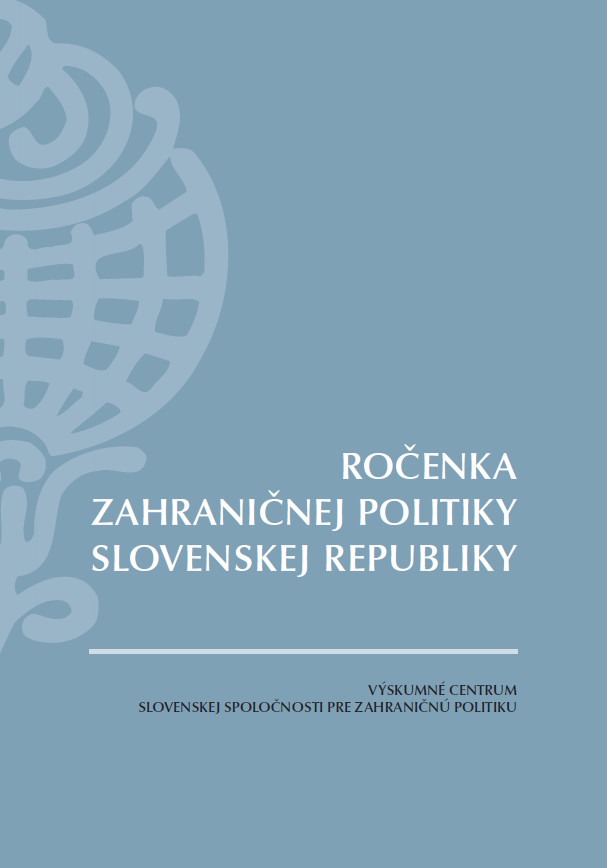Yearbook of Slovakia’s Foreign Policy 2017

2017 was a year of many contradictions. The number of crises and challenges to global security and stability has been steadily rising. Conflicts, violence and inequality are causing immense suffering. They continue to claim lives, fuel terrorism and force large groups of people to flee. At the same time, 2017 turned out to be the global economy’s best year since 2010. Prosperity is the key factor in creating conditions conducive to stability. But the lesson learned of past years is the importance of equal opportunities, so that all people may benefit.
We have experienced new challenges to multilateralism. For a long time, we assumed the multilateral order would simply continue to grow stronger. Yet today, we are seeking to define how to ensure the relevance of the institutions we have created. In 2017, the multilateral world continued to reshape. This process is real and irreversible – simply because it is an exact reflection of what has been happening within all our countries. While global growth is a result both of the success and empowerment of individual states, individual actions as a result of pride or ignorance pose a significant risk to the culture of dialogue.
2017 was also a year of detachment. Many times throughout the year we spoke about political detachment, about the ever deeper barriers between common men and women and political forces. We identified this political estrangement as one of the reasons behind national and regional crises. But a new phenomenon, one that I have not experienced in almost 30 years of public service – at least not nearly at this scale – is the mistrust felt toward experts. We see logic and reason losing arguments to emotion and passion. Some call it a post-fact or post-truth world. Whatever you call it – it is surely a strange period. Citizens have a hard time navigating through floods of information; it is ever harder to distinguish truth from falsehoods. I see it, therefore, as more pressing than ever to talk to our citizens – to confirm to them the relevance and credibility of our established institutions, to show them the power of diplomacy. Because if we don’t speak to them, somebody else will. (M. Lajčák)

